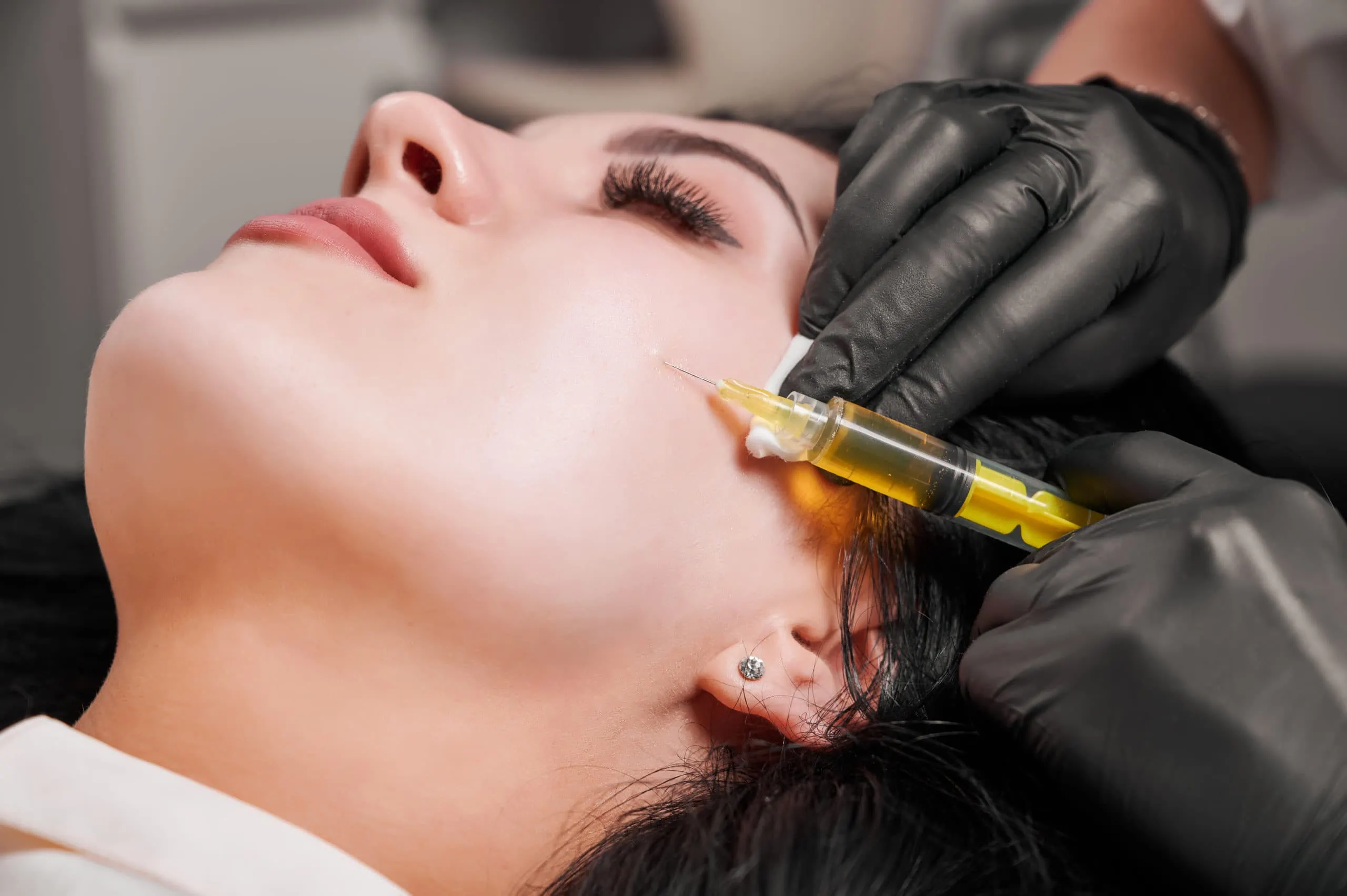

PRP stands for Platelet-Rich Plasma, a natural treatment that uses your own blood to stimulate healing, boost collagen, and revitalize skin, hair, or tissue. It’s popular in both aesthetic and medical fields for its regenerative benefits — with no foreign substances involved.
How PRP Works
A small amount of your blood is drawn (like a routine blood test).
It’s spun in a centrifuge to separate the platelet-rich plasma from red and white blood cells.
The PRP, which is full of growth factors and healing proteins, is re-injected or applied to the treatment area.
✨ What PRP Is Used For
Aesthetic Uses:
Skin rejuvenation (“vampire facial” when combined with microneedling)
Fine lines & wrinkles
Dark under-eye circles
Acne scars & texture improvement
Boosting collagen & elasticity
Hair Restoration:
Treats thinning hair or early hair loss (especially androgenic alopecia)
Stimulates hair follicles to promote regrowth and thickness
Medical Uses:
Joint pain, tendinitis, or ligament injuries
Post-surgery healing in orthopedics and sports medicine
What to Expect
In-office procedure: ~30–60 minutes
Minimal downtime (some redness or swelling at injection sites)
Skin results: typically after 3 sessions, spaced 4–6 weeks apart
Hair results: visible over 3–6 months with multiple treatments
Why PRP Works
Platelets contain growth factors that:
Stimulate cell turnover
Improve blood flow
Encourage tissue repair
Increase collagen production
Since it’s your own plasma, the risk of allergic reaction or rejection is extremely low.
Things to Know
Results are gradual and natural-looking
Maintenance sessions may be needed every 6–12 months
Not ideal if you have a blood disorder, active infection, or low platelet count
Best performed by a trained provider using sterile, FDA-cleared equipment
PRP vs. Filler vs. Botox
Feature PRP Filler Botox
Made of? Your own blood Hyaluronic acid gel Botulinum toxin
Treats volume? ❌ Minimal ✅ Yes ❌ No
Boosts collagen? ✅ Yes ✅ Slightly ✅ Yes (indirectly)
Natural option? ✅ 100% ❌ Synthetic ❌ Synthetic

